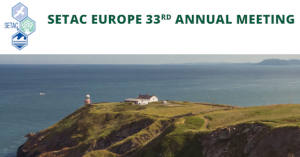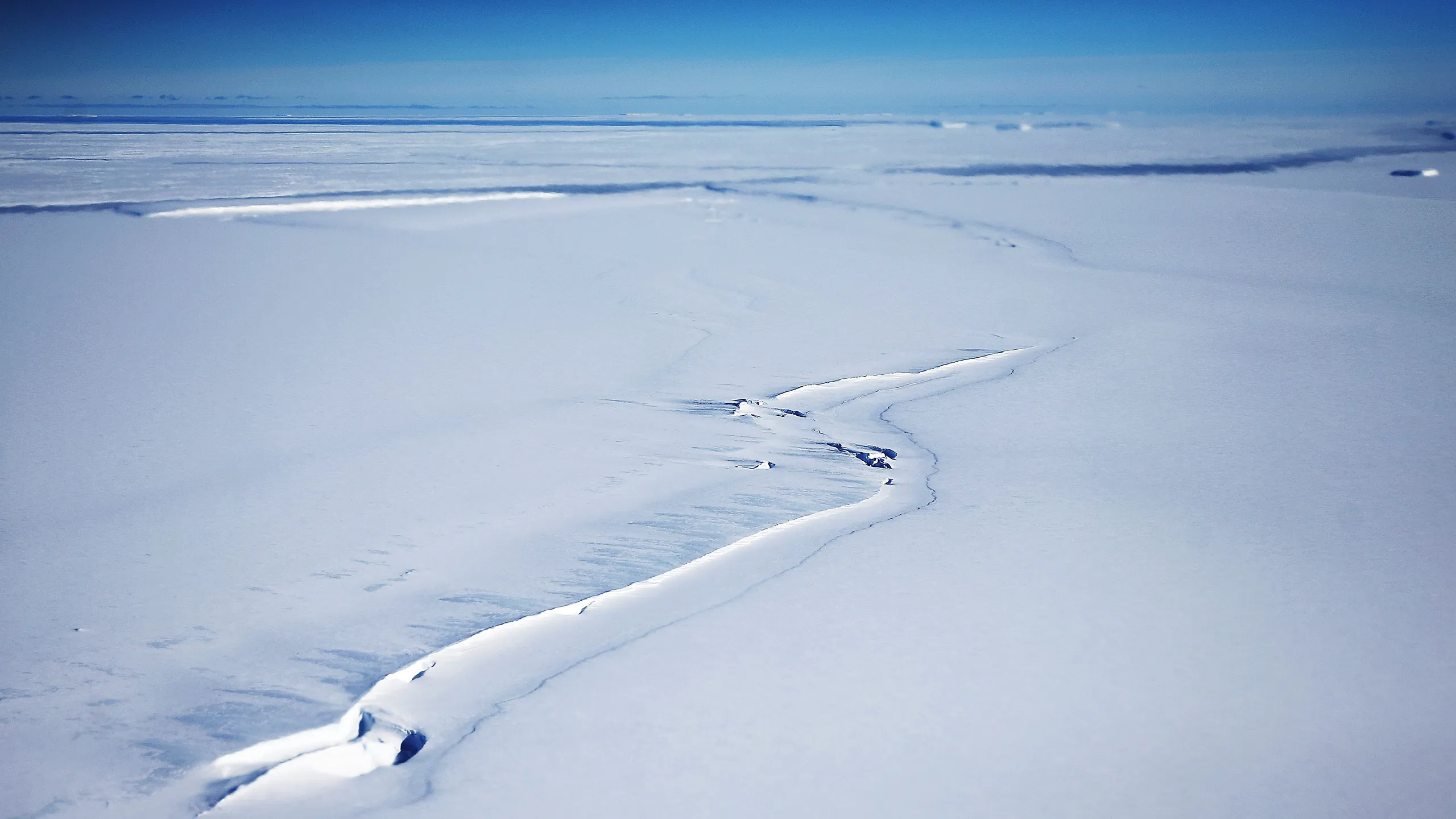SETAC (Society of Environmental, Toxicology and Chemistry) Europe Annual Meeting. Session Title: Climate change in Arctic and Antarctica and its effect on legacy and emerging micropollutants in abiotic and biotic environmental compartments Track: 3. Environmental chemistry and exposure assessment: analysis, monitoring, fate and modelling.
Chairman: Luisa Patrolecco (CNR-ISP), Italy
Co-chairman: Francesca Spataro (CNR-ISP), Italy; Fabiana Corami (CNR-ISP), Italy; Ida Beathe Overjordet (SINTEF Ocean), Norway - Abstract of the session.
For more information about the meeting, visit: https://europe2023.setac.org/
ABSTRACT OF THE SESSION:
Arctic and Antarctica are unique ecosystems characterized by the occurrence of permanent ice, even if the first is constituted by the sea surrounded by land while the second is a land surrounded by sea. This fundamental difference is the reason for many of the other differences between the two regions. Both polar regions are particularly sensitive to external perturbations, such as climate change (CC) and pollution. CC is causing severe alterations to these polar environments with sea-ice reduction, glacier retreat, thawing permafrost, increased seawater temperatures and affecting globally the circulation of the oceanic water masses.
On one side, these changes have favoured the development of cruise tourism, resource extraction (oil, gas and minerals) and fisheries, which has increased the human impact in terms of local contamination. On the other side, CC is causing an increase in transport (both atmospheric and oceanic) of pollutants from mid-latitude into the polar environments and sea-ice and glacier melting might release previously trapped contaminants, thus representing a secondary source of pollution. These aspects are causing stress on the complex polar marine food web, with rapid habitat and biodiversity modifications. Although several studies have been performed to investigate the occurrence of legacy contaminants, the recent interest of the scientific community is focusing on several classes of emerging pollutants in the polar areas. In this context, numerous open questions need to be answered.
This session will constitute a discussion arena on the latest research results about the interactions between climate change and legacy and emerging contaminants in the Arctic and Antarctica. This Session will include field and laboratory observations, as well as studies on the combined effects of multiple stressors, climate change and modelling of Arctic contaminants. The session will address, but not be limited to the following key issues in this field: Effects of CC on the distribution of legacy and emerging pollutants in different environmental compartments in Polar regions; interaction between new and old pollutants and biological sphere at different levels of the trophic web; identification of physical and geological processes acting as drivers for CC.

